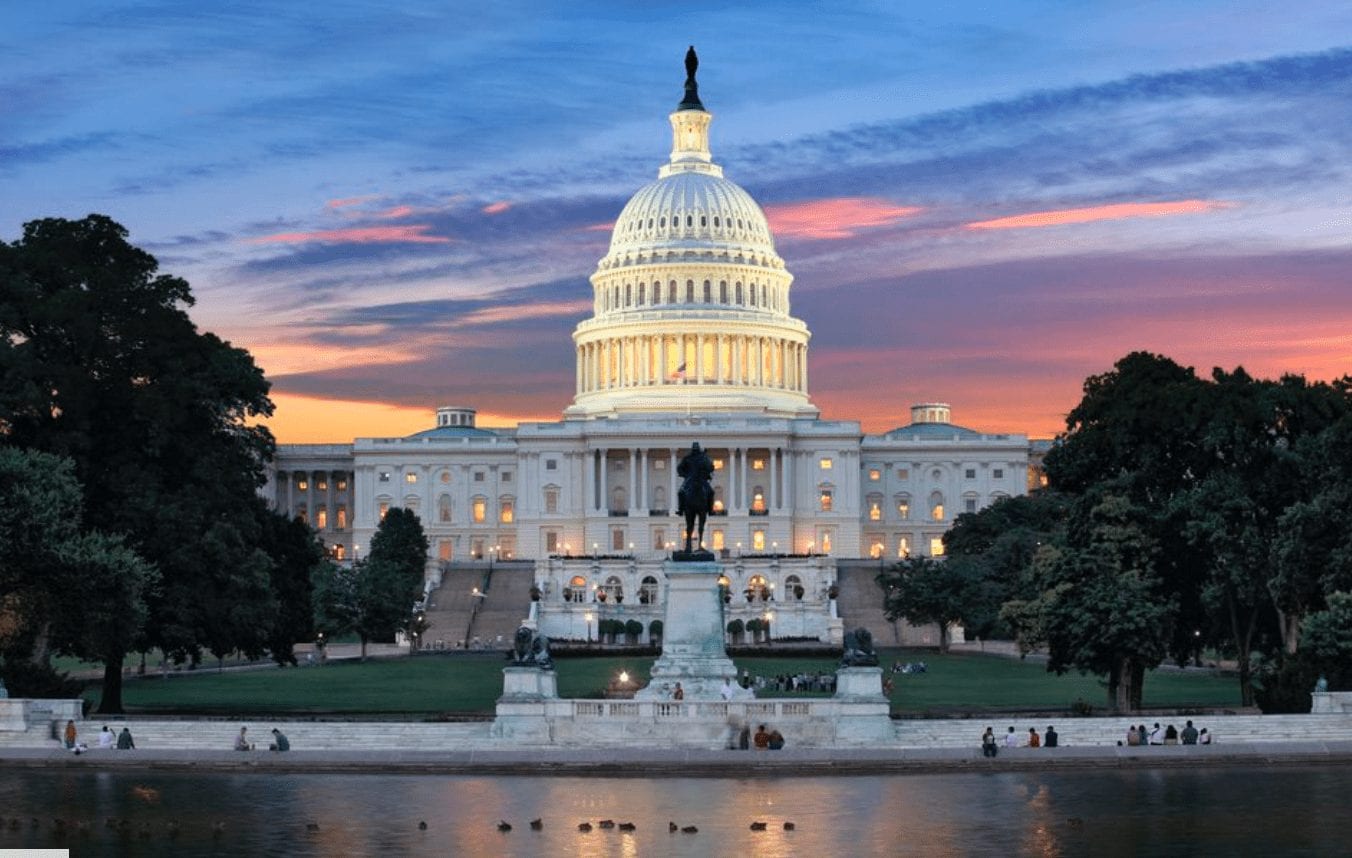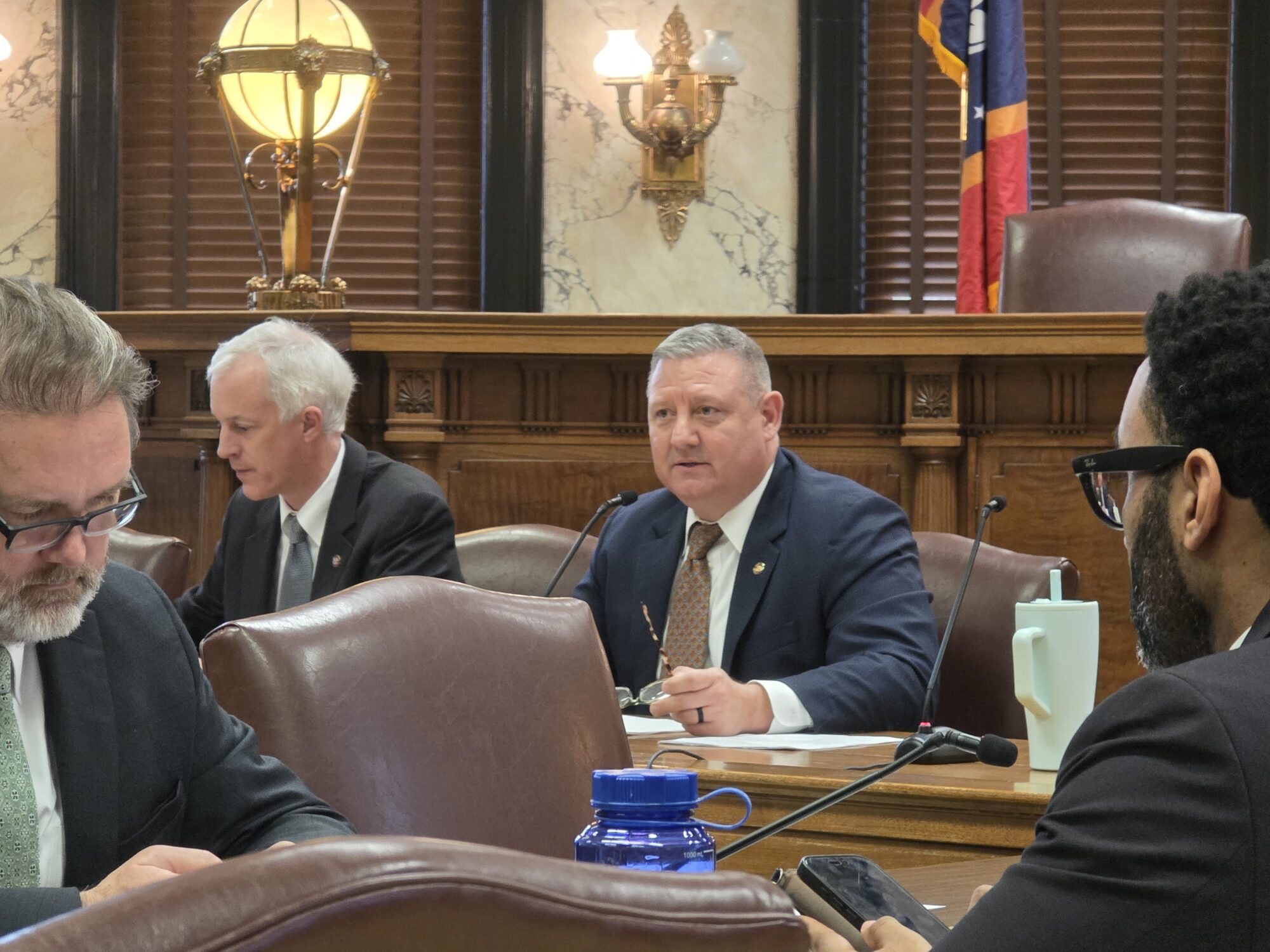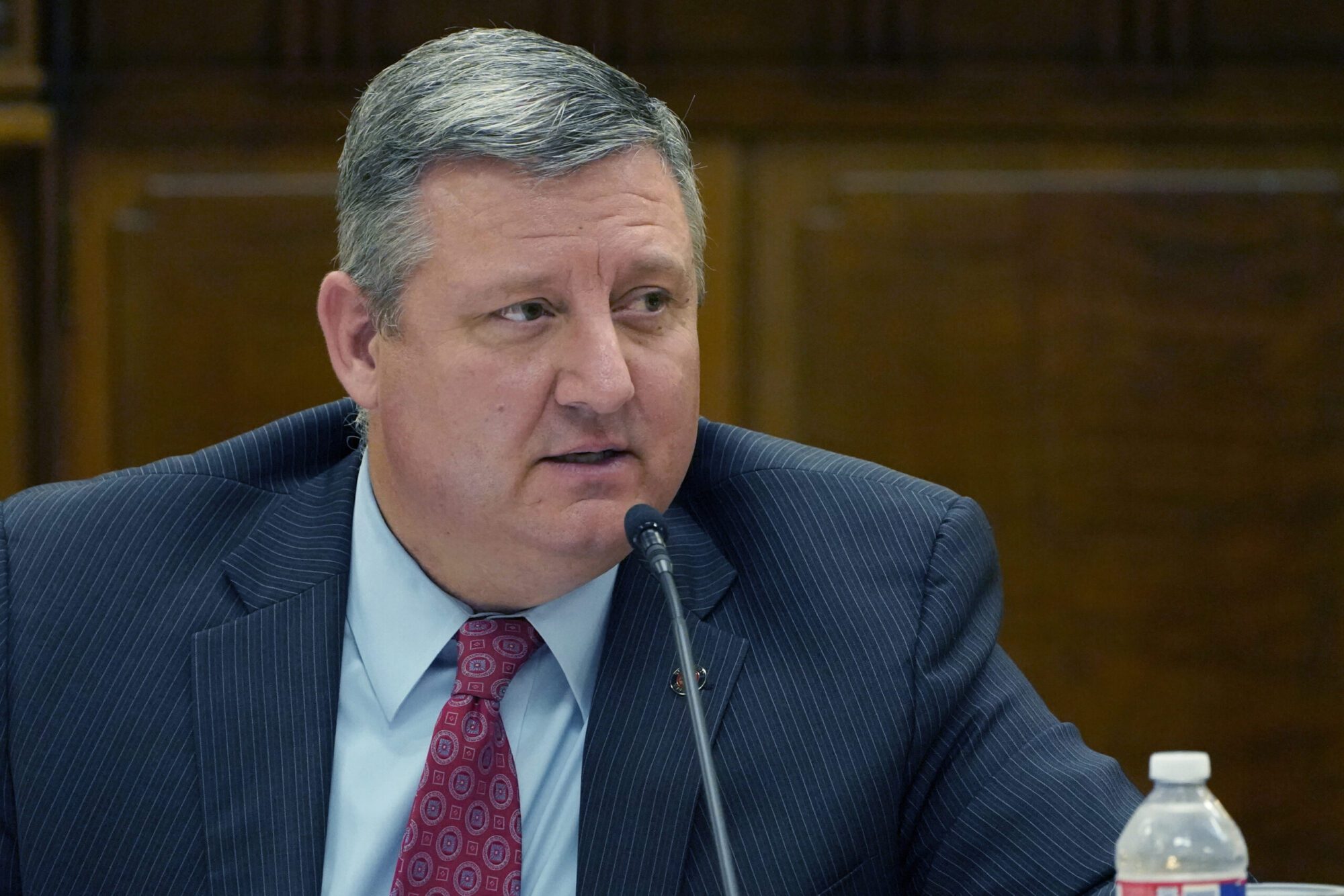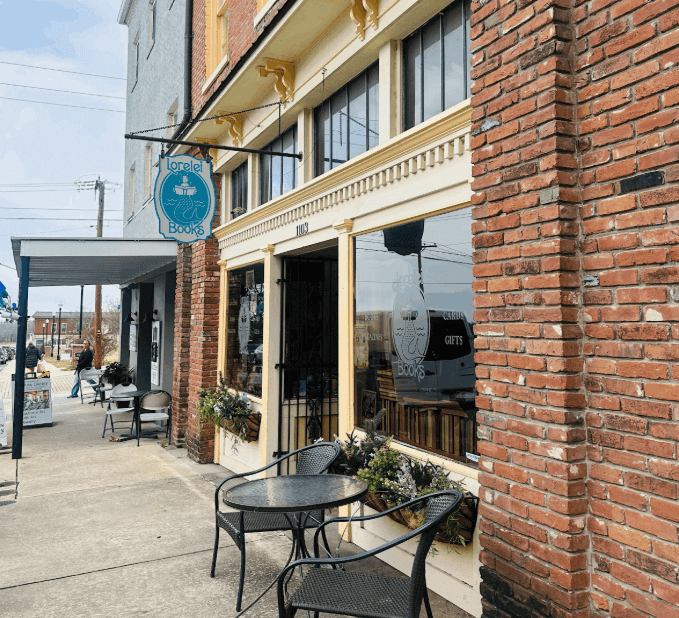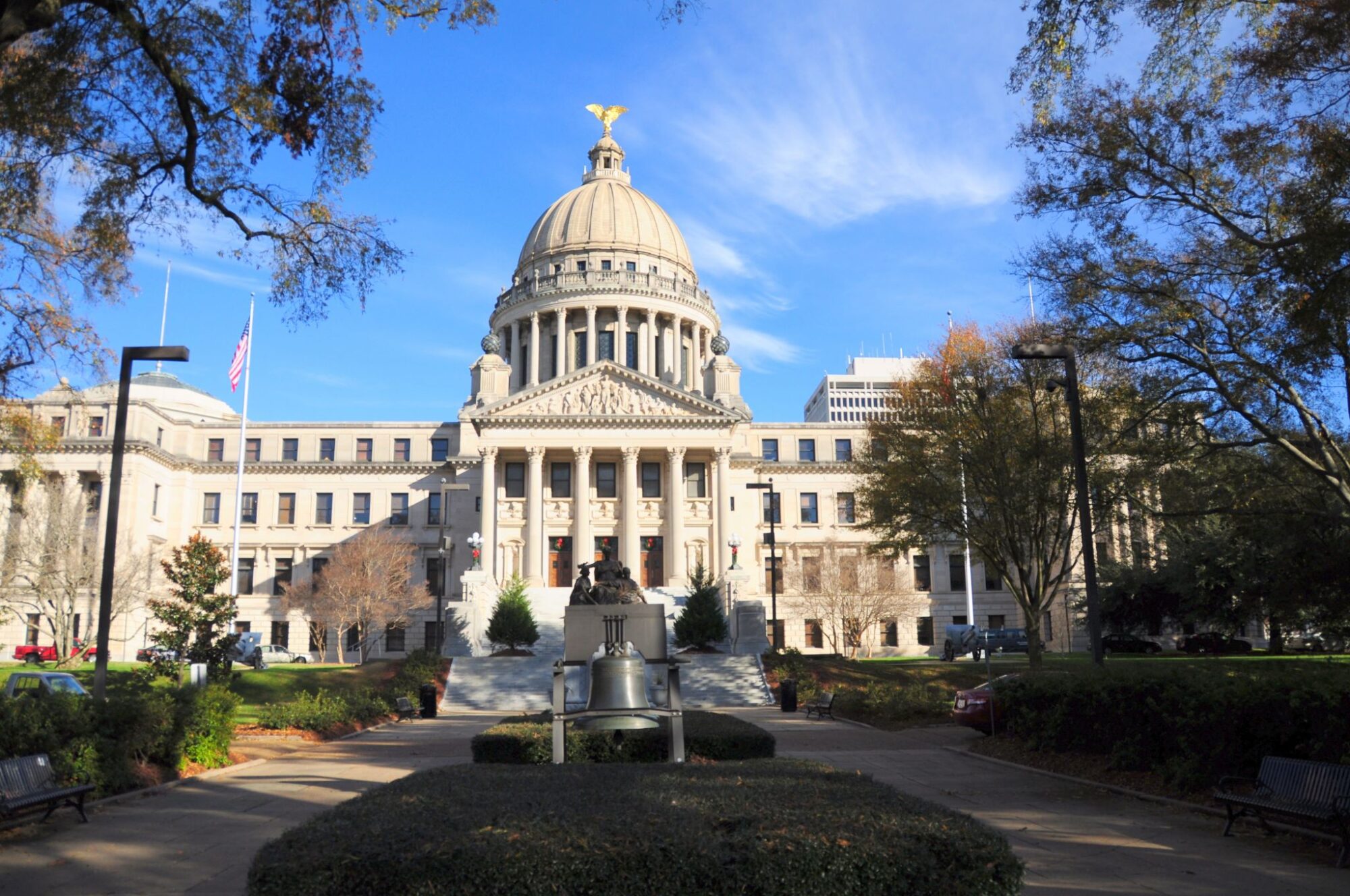
These are the bills that are dead and alive in the House and Senate. Legislators have 30 days to make their decisions, with deadline days scattered throughout.
Stayin’ alive
HB 1554 would provide $1 million in bonds to build a children’s museum in Meridian. Among the other museums built with state money in recent years include $24.5 million for the the Mississippi Aquarium in Gulfport and $2.5 million for a Tammy Wynette museum in Tremont
HB 1631 would provide $50 million in bonds and $45 million to the Rankin-Hinds Pearl River Flood and Drainage Control District to build a controversial flood control lake, known as the “One Lake” Project. The lake would be located on the Pearl River south of the Ross Barnett Reservoir. The bill was passed by a 66-38 vote in the House on February 22 with 15 representatives either absent or declining to vote after a vote two days before failed. The bill will now be taken by the Senate Finance Committee.
Senate Bill 3046, the Building Roads, Improving Development and Growing the Economy or BRIDGE Act, could add up to $1.1 billion over five years and controversially would strip some decision-making power and money from the Mississippi Department of Transportation and its three elected commissioners. The bill is now in the hands of the House.
House Concurrent Resolution 33, sponsored by state Rep. Hank Zuber (R-Ocean Springs), is a change to Legislature rules that would limit the introduction of general (non-revenue) bills to even-numbered years. This would reduce the amount of time required for the Legislature to meet.
Dead as a clichéd door nail
HB 344 would’ve increased the state’s gasoline tax and was sponsored by state Rep. Robert Johnson III (D-Natchez). It failed to make it out of the House Ways and Means Committee by the February 21 deadline.
HB 1238 would’ve reined the ability of the state’s attorney general to sue companies for actions legal under state or federal law or covered under regulations interpreting those laws. The bill died in the Senate Accountability, Efficiency, Transparency Committee.
HB 1492 would’ve allowed the Department of Revenue to remove the limit on the amount of law enforcement officers it could hire. The bill died in the Senate Finance Commitee.
SB 2482 would’ve prohibited elected officials from appearing in publicly-funded television advertisements during election years and was sponsored by state Sen. John Polk (R-Hattiesburg), who chairs the Senate Accountability, Efficiency, Transparency Committee. The bill passed the Senate, but died after being double-referred (sent to two committees).
The next deadline for the Legislature is March 7, the last day for votes on general (non-revenue and appropriations) bills originating from the other chamber.




